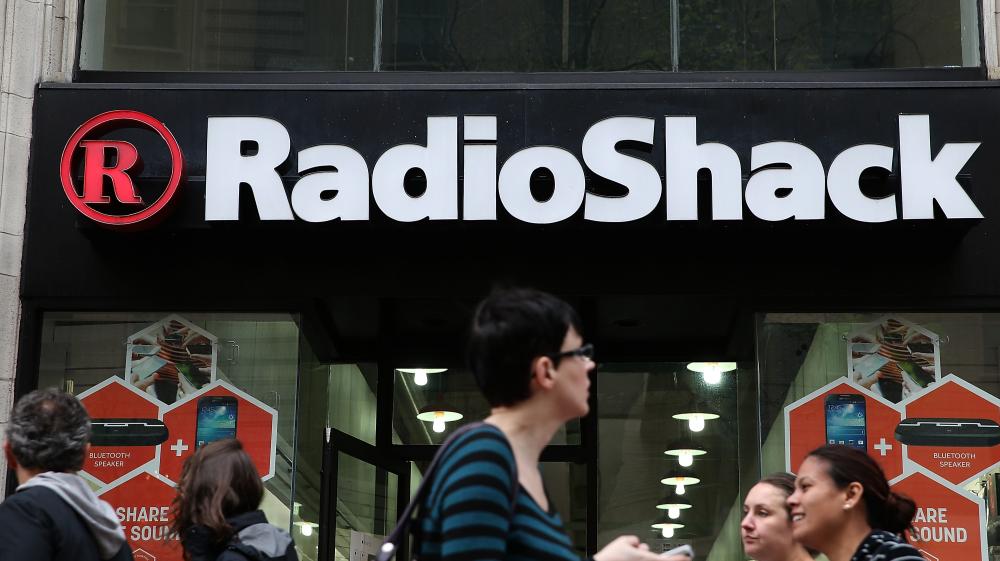RadioShack said Tuesday it will close 1,100 retail stores across the country amid a disappointing fourth quarter, in a sign that the electronics retailer is ceding ever-more market share to big box stores and online providers, such as Amazon.
CEO Joseph Magnacca said the closings would leave the company with more than 4,000 U.S. stores still operating. RadioShack did not say which of its stores it planned to shutter.
The news came as the company, once a destination for electronics hobbyists, said in the last three months of 2013 that it had lost $191.4 million, or $1.90 per share, compared to a loss of $63.3 million, or 63 cents per share, in the same period a year before.
Magnacca said says RadioShack has been slashing costs, shuffling management and trying to update its stores for a more modern look.
“Since I joined the company, it has been clear we need to change the conversation about RadioShack,” he said during a conference call, according to The Associated Press.
The AP says:
“[Magnacca] pointed to the success of the company’s Super Bowl ad as an example of ‘exactly the kind of disruption we needed.’ The spot got glowing reviews for poking fun at the company’s outdated image by showing characters from the 1980s including Alf, Chucky and Teen Wolf ransacking its store. Magnacca also outlined various efforts the company is taking, such as revamping its product mix and working to identify trends in electronics earlier.”
“Still, he conceded that the turnaround push is taking longer than expected because the company was ‘weak’ in many areas and ‘just broken’ in others. The latest quarter’s performance was hurt by a slowdown in customer traffic and increased promotional activity.”
As The Wall Street Journal’s Markets Pulse writes:
“RadioShack used to be a decent-sized company. A decade ago it had about 7,000 locations, including franchises, and a market capitalization of about $5 billion. It also had profits.”
…
“RadioShack has been busily reinventing itself for years now, with little but dwindling relevance and a falling stock price to show for it. In the early 2000s, there was a broadband installation business it tried to start, as well as a ‘store-within-a-store’ concept it tried out at Blockbuster video stores. Next came the cost-cutting phase, when the company spent heavily buying its stock. More recently, there were the mobile-phone kiosks, now gone, that it operated in Target stores.”
“After all that, it is hard not to wonder whether RadioShack’s problem is simply intractable. People see little need to try out much of what it sells before buying, and they have become accustomed to finding better prices and selection online.”
“Nor do they feel a need to tap a RadioShack employee for expertise—there are any number of product-review websites that will provide that for them.”
9(MDA3MTA1NDEyMDEyOTkyNTU3NzQ2ZGYwZg004))
